Description
In a typical band formation story, the standard pattern is that delinquent friends from childhood get together to form a band and achieve success, but the predecessor of the Eagles was formed to be Linda Ronstadt’s backing band, and in a sense, it was an artificial band. It was a band that was created. Perhaps because of this, the underlying emotional connections between members, such as friendships and bonds, are weak.Of course, these are cultivated through activities, but because of this, differences in orientation between members can lead to changes in members, This was the cause of musical differences. Their debut song “Take It Easy” was a country-style song with a light rhythm, and since it was such a hit, their country-rock image continued to prevail for a long time. The Eagles were originally a country rock band. Just as Springsteen was given the catchphrase “the second Dylan” upon his debut, it was by no means a reflection of the artist’s true nature. Of course, there is no doubt that the musical roots of each member of the Eagles lie in country rock, but the band the Eagles did not fit within that framework. The first turning point came with the 1974 album On the Border. With this album, they shifted their focus towards rock and became a success in terms of sales. The following year’s 1975 album “Cursed Night” expanded their musical range and became even more rock-inspired, achieving worldwide success including sales, and establishing the Eagles’ reputation as a band. It became. Furthermore, it can be said that the following album, 1976’s “Hotel California”, determined the Eagles’ reputation. The difficult lyrics with a social theme can be interpreted in many ways, and it is one of the most important albums in rock history, as it sings metaphorically about the chaotic American society after the Vietnam War. Despite the band’s success, friction among the band members continued to grow, and Randy Meisner left the band, replaced by Timothy B. Schmidt. This member recorded “Long Run,” which ended up being the Eagles’ last album. It was originally planned to be a two-disc set with many songs, but in the end it was condensed into one. Although reviews were divided on the sound creation that was in keeping with the times, it became a big hit in terms of sales in the aftermath of the previous work. A tour was held in support of this album. During that tour, a second performance in Japan was scheduled following 1976. The 1979 long-run tour in Japan was held on the following dates. September 17th: Tokyo Nippon Budokan September 18th: Tokyo Nippon Budokan September 19th: Tokyo Nippon Budokan September 21st: Nagoya International Exhibition Center September 22nd: Osaka Expo’70 Memorial Park Festival Plaza September 25th: Tokyo Nippon Budokan Popular at the time As a result, it was a large-scale event with 4 performances at Budokan, and 6 other performances including Osaka and Nagoya. This work is a complete recording of the Nippon Budokan performance on September 19, 1979. The concert will open with “Hotel California,” a set list that will be familiar since a live album was later released. Newly joined Timothy B. Schmidt was on stage for the first time with the Eagles, but he brought a tight sound to the band, and his performance was flawless. The new album “Long Run” includes only four songs, including the title song, “I Can’t Say It,” “In the City,” and “Heartache Tonight,” and all other songs are selected from their past catalogue. Originally, the overall atmosphere of the album “Long Run” gave a sense of a melancholy ending, and although it is unknown whether the members were conscious of disbanding at the time, it was the best selection of songs suitable for the Eagles’ final tour. It’s an interesting place to be. This work is a complete high-quality recording of the Nippon Budokan performance on September 19, 1979 from this second performance in Japan. Now that Glenn Frey has passed away, the dream of a reunion has been crushed, and we can only relive the Eagles through the archives of the past. After that, they reunited several times and performed in Japan, but Japan was included in the last tour before disbanding in 1979, and the sound source has been preserved in high quality like this. I think the Japanese fans are very lucky to have him. LIVE AT BUDOKAN HALL TOKYO JAPAN September 19, 1979 DISC ONE 01. Introduction 02. Hotel California 03. Already Gone 04. In The City 05. Doolin’ Dalton – Desperado 06. Lyin’ Eyes 07. I Can’t Tell You Why 08 . Desperado 09. Heartache Tonight 10. One Of These Nights DISC TWO 01. Turn To Stone 02. The Long Run 03. Life’s Been Good 04. Life In The Fast Lane 05. Rocky Mountain Way 06. Take It Easy 07. Tequila Sunrise 08. The Best Of My Lov
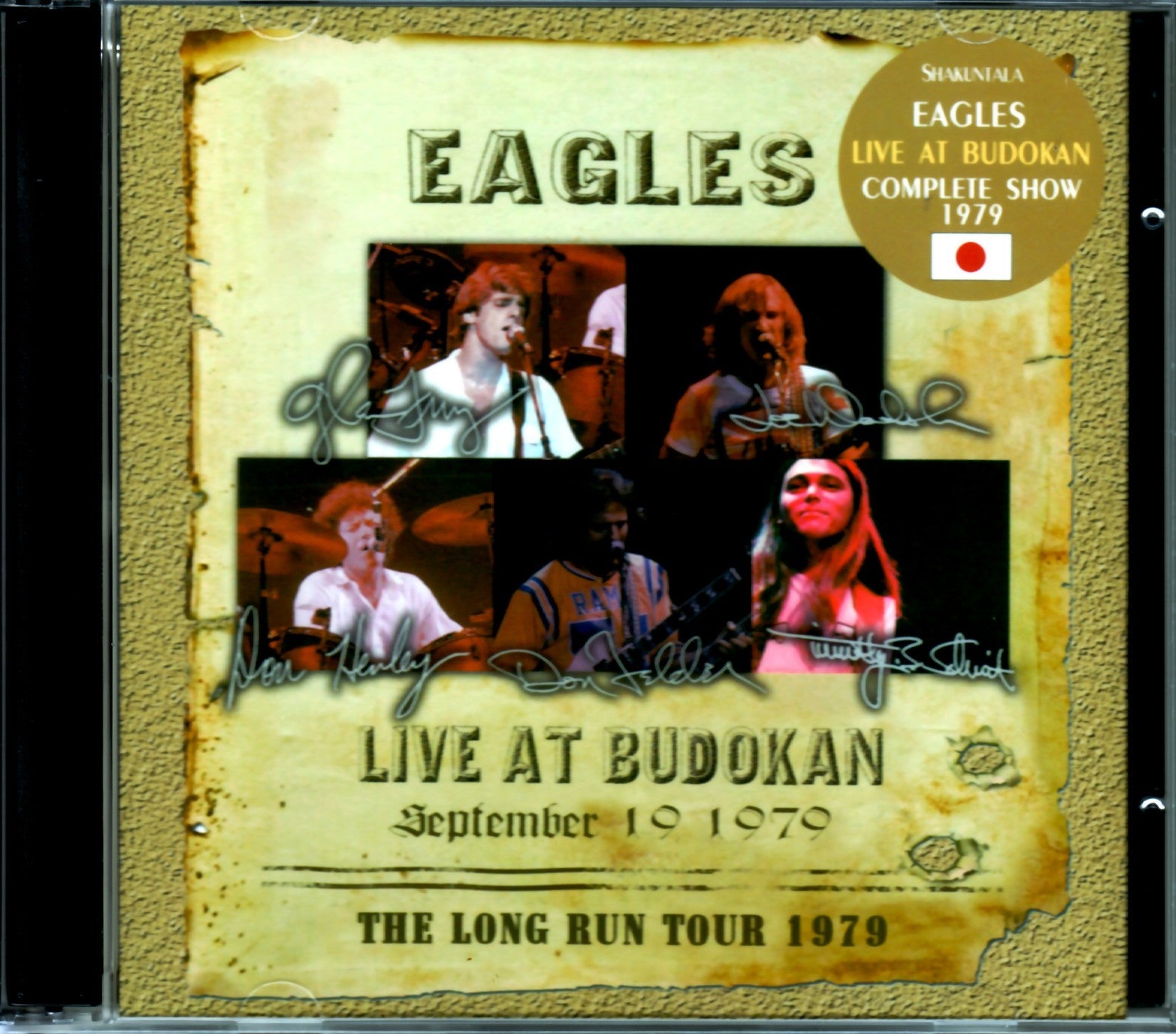
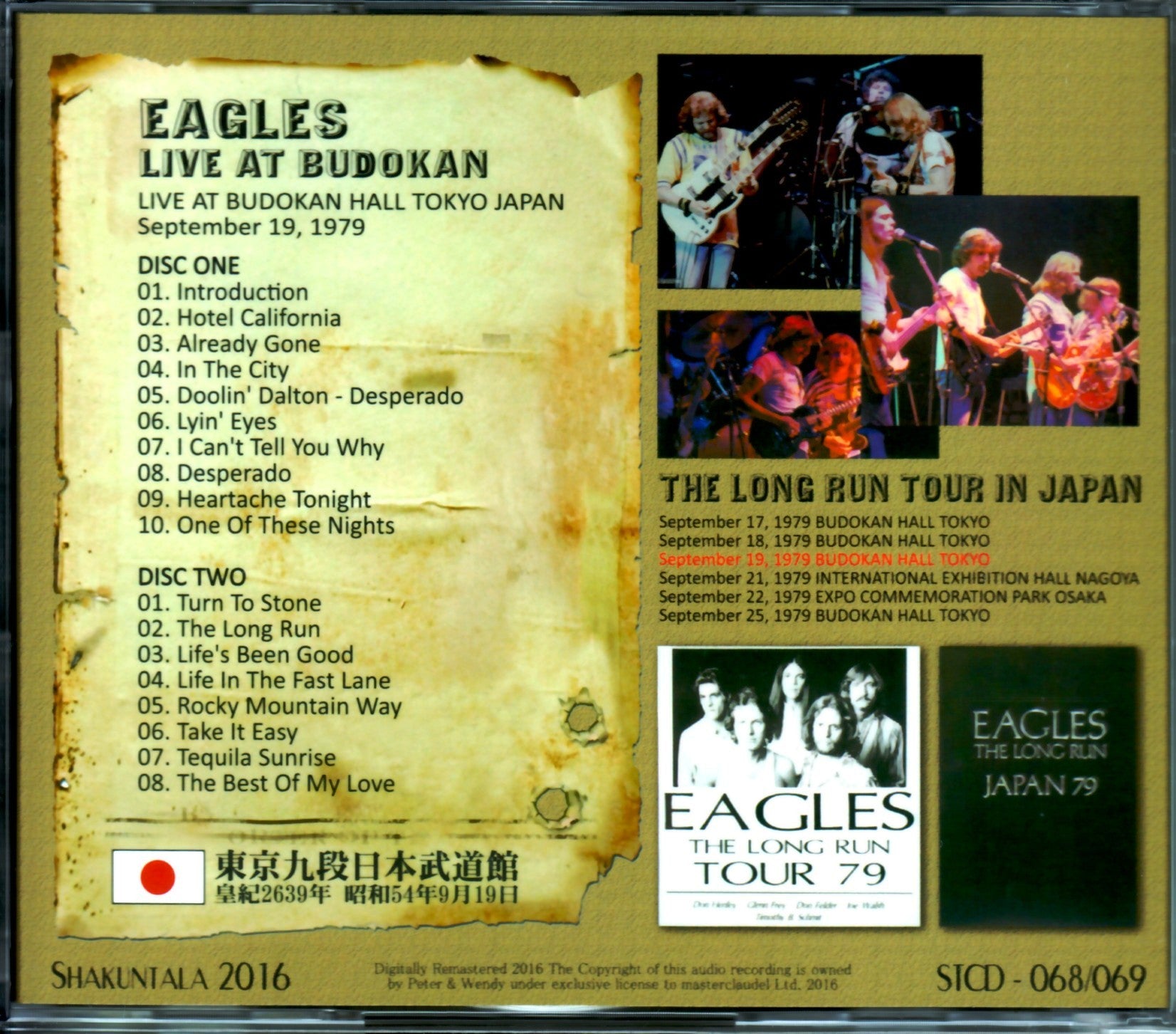

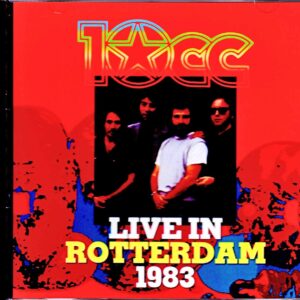
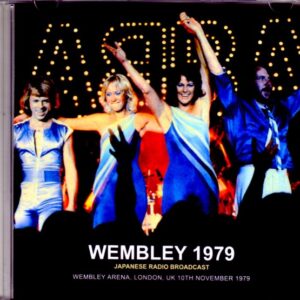
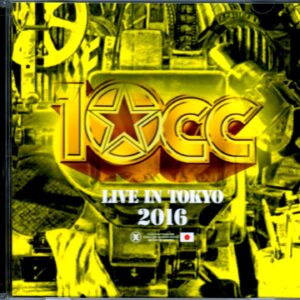
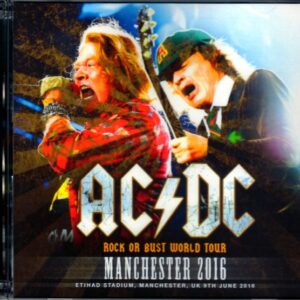
Reviews
There are no reviews yet.